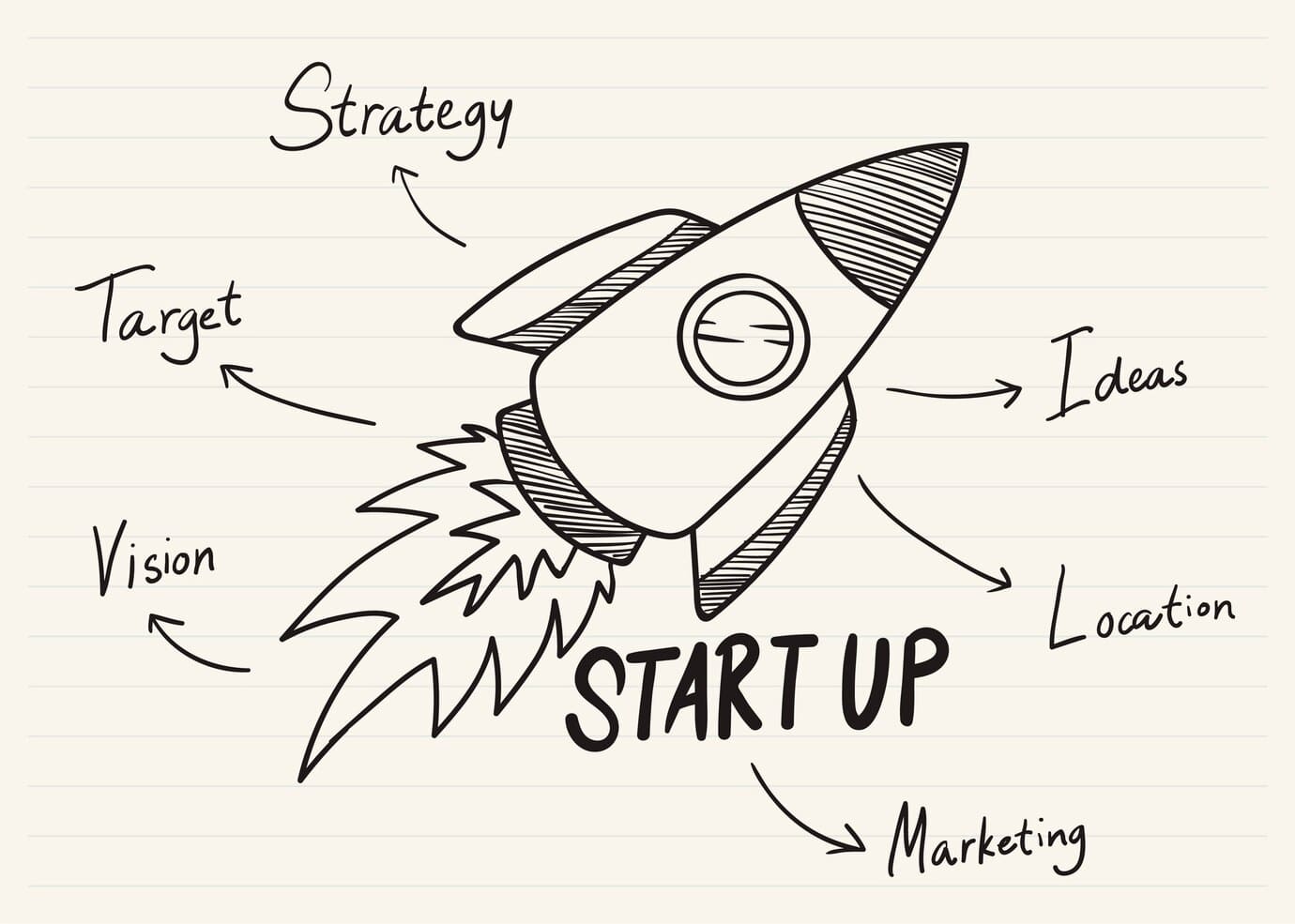For knowing 21 Examples Of Social Entrepreneurship Ideas. In today’s rapidly changing world, the concept of entrepreneurship has evolved beyond mere profit-making. Social entrepreneurship has emerged as a powerful force, combining business acumen with a deep commitment to addressing social and environmental challenges.
If you’re passionate about creating positive change, consider these 21 social entrepreneurship ideas:
Table of Contents
ToggleThese are 21 Examples Of Social entrepreneurship ideas
Crowdfunding Platform
Create a platform that allows entrepreneurs, charitable causes, and individuals to raise funds for their projects or initiatives.
Clean Energy
Explore clean energy solutions such as electricity-generating bicycles or solar paneling.
Food Waste Solution
Develop innovative ways to recycle food waste and put it to good use.
Microfinance for Women
Provide micro-loans to women entrepreneurs, empowering them to start or expand their businesses. This will help in boosting Financial Inclusion.
Eco-Friendly Fashion
Launch a sustainable fashion brand that uses organic materials, ethical production practices, and fair wages for workers.
Affordable Healthcare
Develop low-cost healthcare solutions for underserved communities.
Education Technology
Create digital platforms or apps that enhance access to education. Offer Online Courses that will help in skill building.
Water Purification
Design affordable water purification systems for rural areas or regions with limited access to clean water.
Elderly Care Services
Establish services that cater to the needs of senior citizens. Such as Home care or NGO.
Eco-Tourism
Promote sustainable tourism by organizing eco-friendly tours.
Recycling Initiatives
Set up recycling centers or programs that encourage waste reduction and proper disposal.
Disability-Inclusive Businesses
Develop products or services that cater to people with disabilities.
Renewable Energy Solutions
Offer affordable solar panels, wind turbines, or biogas systems to rural communities.
Fair Trade Coffee
Partner with coffee farmers to ensure fair wages and sustainable practices.
Youth Empowerment Programs
Create mentorship programs, vocational training, or leadership development for Young Teenagers.
Affordable Housing
Work on housing projects that provide safe, affordable homes for low-income families.
Community-Based Tourism
Encourage travelers to immerse themselves in local cultures and support community-led tourism initiatives.
Mobile Health Clinics
Bring healthcare services to remote or underserved areas through mobile clinics.
Upcycled Products
Design and sell products made from recycled or upcycled materials.
Social Impact Consulting
Offer consulting services to businesses, nonprofits, and governments.
What is social entrepreneurship?
Social entrepreneurship refers to businesses with a dual purpose: achieving financial sustainability while creating positive social impact. Unlike traditional profit-driven companies, social enterprises prioritize societal well-being alongside their bottom line. After getting any of the social entrepreneurship ideas you should learn what to do next after having idea
some key aspects of social entrepreneurship are:
- *Mission-Driven*: Social entrepreneurs are passionate about solving pressing social issues. Their ventures aim to improve lives, empower marginalized communities, and address environmental concerns.
- *Profit with Purpose*: While profitability is essential, social enterprises reinvest their profits back into their mission. These funds drive positive change rather than enrich shareholders.
- *Balancing Act*: Social enterprises walk a tightrope, balancing financial viability with social impact. They seek innovative solutions that benefit both society and their business.
Examples of social entrepreneurship ideas in India
India, with its rich diversity and myriad challenges, has witnessed remarkable social entrepreneurship initiatives. Here are some inspiring examples:
- *Grameen Bank*: Founded by Nobel laureate Muhammad Yunus, Grameen Bank provides micro-loans to impoverished individuals. These small loans empower people to become self-sufficient, breaking the cycle of poverty.
- *Ria Sharma’s Make Love Not Scars*: Ria Sharma established a rehabilitation center for acid attack survivors. Her NGO provides medical aid, counseling, and vocational training, helping survivors rebuild their lives.
- *Goonj*: Anshu Gupta’s Goonj focuses on rural development by turning urban waste into valuable resources. They collect unused clothing and other materials, transforming them into essentials for marginalized communities.
- *Selco India*: Harish Hande’s Selco provides solar energy solutions to underserved households. By combining technology with social impact, they bring light to remote villages and improve livelihoods.
Difference between social enterprise and a business
Important key factors that make a difference Between Social Enterprise and Business are:
- *Purpose: The primary goal of a **social enterprise* is social impact, whereas a traditional *business* aims primarily for profit.
- *Funding*: Social enterprises generate revenue through goods and services, whereas charities rely on external funding. Sustainable revenue distinguishes social enterprises from nonprofits.
- *Stakeholder Involvement*: Social enterprises actively engage stakeholders, emphasizing community participation. Traditional businesses may prioritize shareholders over broader societal interests.
Main Reason for a Social Enterprise?
For Examples Of Social Entrepreneurship Ideas, we should understand the reason behind it. The driving force behind social enterprises lies in their commitment to positive change. They exist to tackle social, cultural, economic, or environmental issues head-on. While profits matter, their ultimate purpose is to create a lasting impact.

